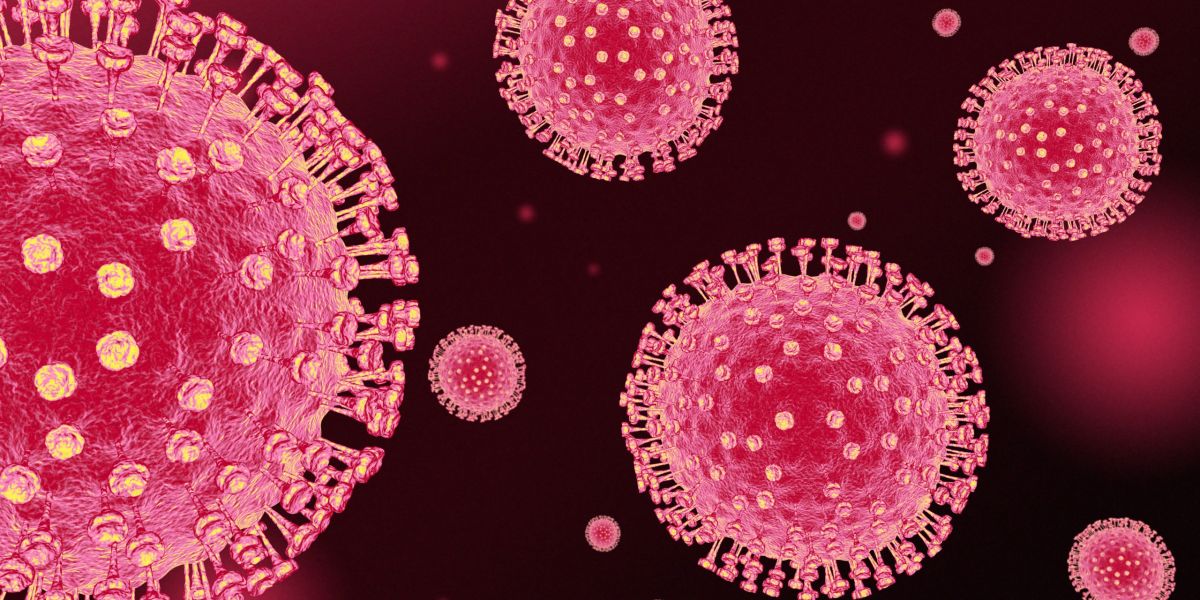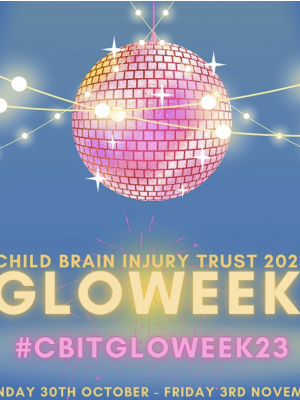
COVID-19 Guidance for people following a Spinal Cord Injury
23rd March 2020
The health, social and economic impact of Coronavirus (COVID-19) cannot be understated. Like many other groups with long term health conditions there may be additional risks from COVID-19 for people with Spinal Cord Injury.
According to the current evidence some groups have a greater chance of severe illness as a result of COVID-19, which affects lungs and airways. These groups include those over the age of 70, people who are pregnant, and those with certain underlying health conditions.
But how many people have an underlying health condition in England? In NHS England’s latest report entitled “the health of the nation” it acknowledged that 43% of adults – that’s nearly 20 million people – are living with at least one long-term health condition. Although not all of those would be directly in danger from COVID-19, there’s still a major section of our society who will be at risk.
A Spinal cord injury (SCI) is a complex condition which involves damage to the spinal cord and results in full or partial paralysis in either the lower limbs (paraplegia) or all four limbs (tetraplegia).
Using the NHS’s own statistics, as well as data from other countries, the 3 main spinal cord Injury charities (Spinal Injuries Association, Aspire and Back Up) estimate that the number of people injured or diagnosed with a life-changing spinal cord injury in the UK is 2,500 per year. The total number of people living with a spinal cord injury in the UK is at least 50,000. Older people are also vulnerable to sustaining spinal cord injuries through, for example, falls in the home. And more people than ever before are being diagnosed with an illness or condition, such as Cauda Equina Syndrome or cancer, which leaves them paralysed.
Social isolation can put great strain on families, particularly if members are unwell and required to self-quarantine for 14 days. However, it is vital to follow government advice on social distancing in order to protect the most vulnerable in our society.
What precautions can be taken?
We urge everyone to strictly follow the Government’s guidance, including:
- Reduce social interactions as much as possible, following the advice given on the gov.uk website. This includes guidance on living with a vulnerable person, advice for personal assistants and formal carers, and advice for family members and other informal carers
- Regular and thorough hand washing with soap and water for at least 20 seconds
- Coughing and sneezing into tissues – and then immediately disposing of them in the bin
- Not to touch your face with unwashed hands
There are no additional precautions which are currently advised will protect someone with a Spinal Cord Injury from becoming infected with COVID-19. It is therefore important that anyone with a Spinal Cord Injury and their families and carers closely follow this advice as they are at greater risk of developing more serious symptoms should they become infected.
What if your personal assistant or carer is affected?
Following the guidance issued by the Spinal Injuries Association we would advise to ensure you have sufficient backup in case your regular carer or Personal Assistant cannot work. We would also suggest the following:
- If a carer or Personal Assistant does not show up for work, ensure you have the ability to get assistance
- Have at least a week of non-perishable food in your home at any given time and identify people who can assist with your shopping or a delivery
- Stock up on other important supplies if you are able (including toilet paper, cleaning supplies, hygiene products, etc.)
- Identify a way to make sure you can get your medications in a timely manner. Ask friends or family to assist you or use a pharmacy that offers a home delivery service, such as SIA Healthcare
- Have backup carers or Personal Assistants wash their hands and use hand sanitizer when they arrive and each time prior to providing hands on-care or feeding you
- Regularly clean, sanitize and disinfect the surfaces that are touched in your home to prevent spread of infection
- Use disinfecting wipes on items that are frequently touched
- Urge any carer or Personal Assistant to seek medical care if they are sick (and start to use your back-up support)
There are some very useful COVID-19 resources available on the Spinal Injuries Association website for those affected which can be accessed using this link https://www.spinal.co.uk/learn/coronavirus/ . Please also visit www.spinal.co.uk for regular updates.
How Burnetts Can Help
The MNSI team at Burnetts are proud to be the only legal firm in Cumbria to be accredited by the Spinal Injuries Association (SIA). We are a Bronze member of Spinal Injuries Association through our support of the charity.
Our specialist Medical Negligence and Serious Injury team works collaboratively alongside the best experts and barristers in this field. Burnetts are committed to providing quality, accessible legal advice at a quick pace, whilst always ensuring client’s expectations and aims are met with a grounded, accessible, professional service.
Our specialist Medical Negligence and Serious Injury team work collaboratively with the top experts and barristers in this field. We are committed to providing high quality, accessible legal advice, whilst always striving to meet client’s expectations with a grounded, accessible and professional service.
If the claim is on behalf of a protected party then our Court of Protection team will also be on hand to assist with the administration of compensation and navigating you through the entire deputyship process.
If you would like to speak to someone within our MNSI team to discuss whether you may have a serious injury or medical negligence claim then please contact our offices on 01228 552222 or e-mail hello@burnetts.co.uk . Please note that both telephone and video appointments can be arranged during this period of self-isolation.
Article Info
- 23rd March 2020
- Paul Brown
- Medical Negligence, Serious Injury, COVID-19
Keep Up-To-Date
Sign up to our blogs
Sign up here to be notified of the latest opinions and insights from our legal experts.
Burnetts produces a range of articles, employment law e-bulletins and factsheets. This free legal resource is useful for both organisations and individuals.



